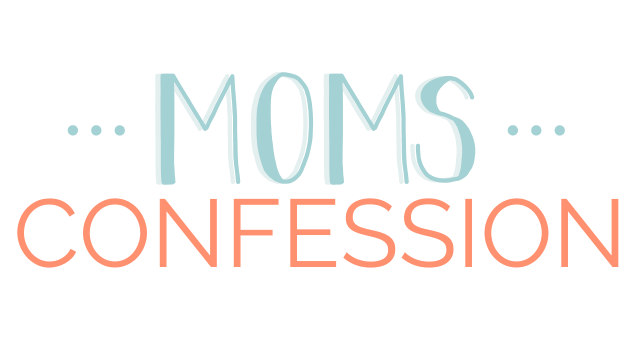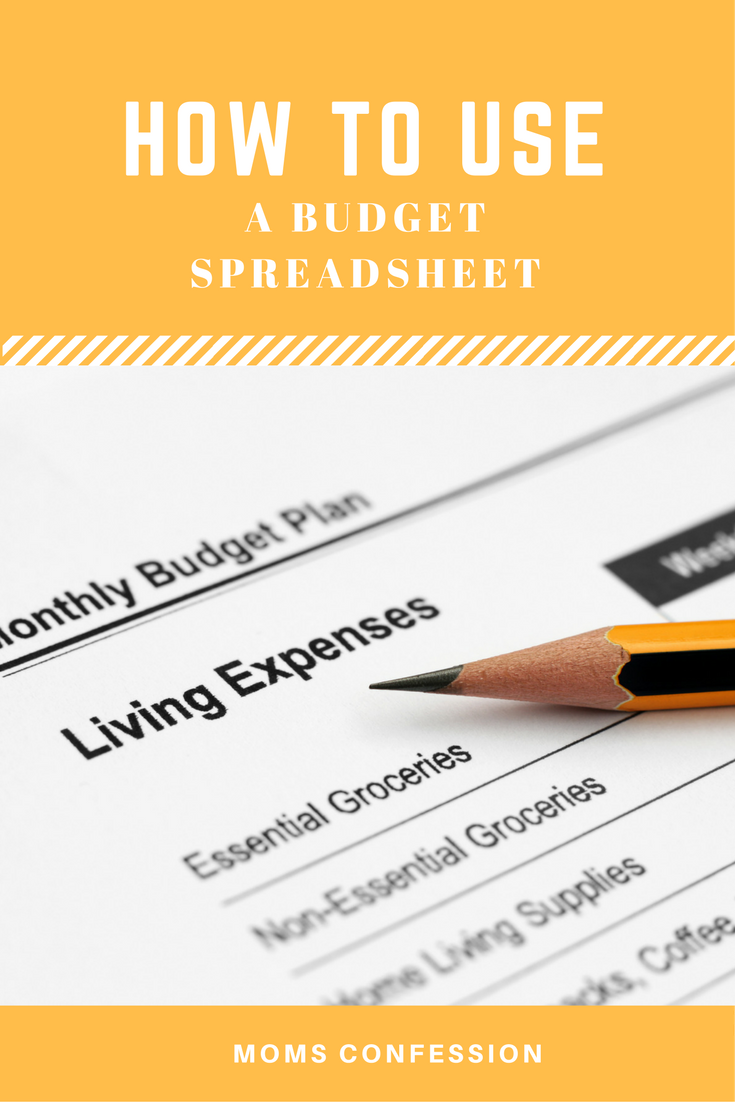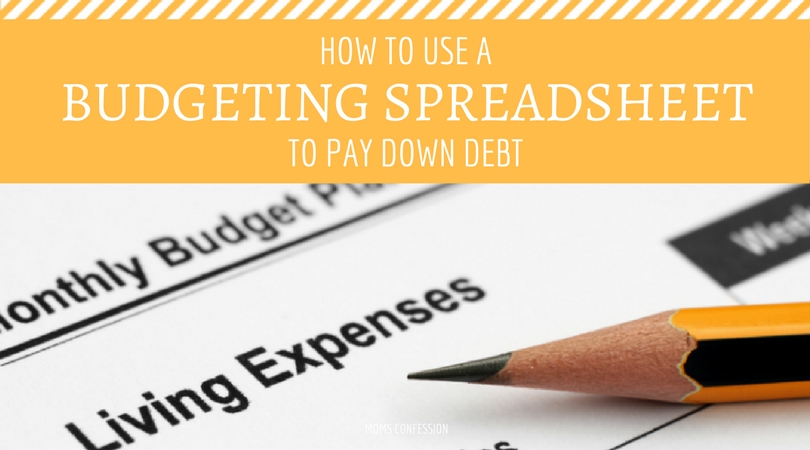How to Use a Budgeting Spreadsheet to Pay Down Debt
A budget spreadsheet may be an overwhelming thing to understand for many, but these tips on how to use one will make it easy for you to manage. By having your expenses in a simple spreadsheet that can be saved into something like Dropbox or Google Drive it can give you access anywhere you are. A budget spreadsheet is an ideal way to account for your income and expenses month to month.
How To Use A Budgeting Spreadsheet to Pay Down Debt
Make the budget spreadsheet functional for you. There are hundreds of budget spreadsheet examples out there, but only one will truly work for you. Go over each and find an option that works for you, or create your own. Make sure it has places for all of your expenses, but also the best way for you to break down your income. If you get paid weekly, you may prefer to make your spreadsheet look more like a check register with income each week and all of the expenses for that income and week listed below it. You may prefer to have your budget set up with income in one area and expenses in another broken down by area of your budget they apply to like utilities, housing, grocery, transportation, and miscellaneous.
I love the following options if you are a paper and pen fan:
- Organized Mom Budget Book
- Monster Cash Book
- The Home Budget Workbook
- Monthly Budget Planner: Bill Organizer Book
Create a tab or each month. Break down your budget by month so you can easily take a glance at months that have additional expenses in them. Things like annual memberships, quarterly insurance payments, and similar home owners dues can all go into the individual month budget instead of the main budget. It often helps to break things down so they are easier to manage and plan for.
If an expense happens more than once per year, create a category for it. Many times we chunk things into miscellaneous because they aren’t monthly expenses, but they should be broken down further to help budget accurately. Things like medical expenses, veterinarian visits, school uniforms, sports programs, and similar expenses that are not monthly but regular should have their own category on your budget spreadsheet.
Use formulas to help keep numbers accurate. If you are also using your budget as a check register of sorts to calculate what you have in your checking or savings accounts, make sure to use the right formulas to prevent human error. This helps you have a running total that is accurate at a glance. Using an online budget spreadsheet makes this much easier to manage.
Separate expenses by columns to give space for notes. Leave plenty of room in your spreadsheet to make notes about specific expenses. Things like what your extra housing expense one month was for (roof repair, plumbing, etc.), or leave extra space for phone and account numbers for each bill so you have everything available for easy access without digging out the old bill to give them a call.
A budget spreadsheet is all about giving you an easy way to access all of your information in an orderly way. By having everything logged neatly in rows you can distinguish places you need to eliminate or add to with more income or better budgeting and spending practices.








